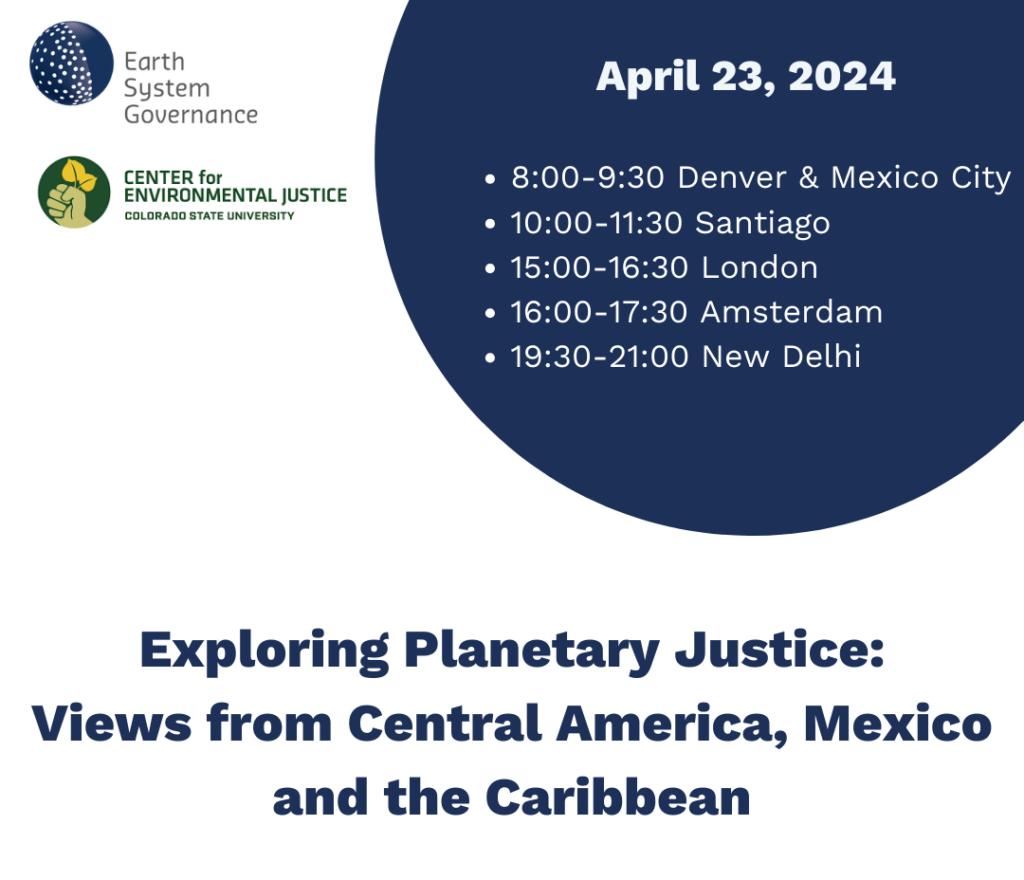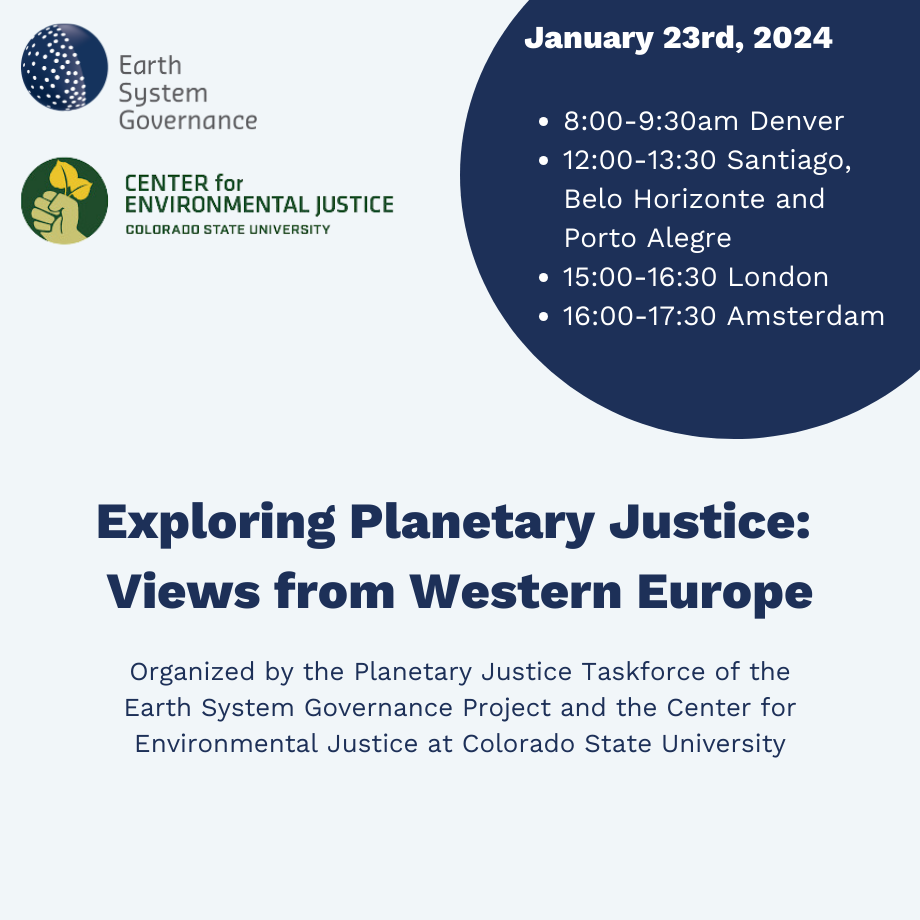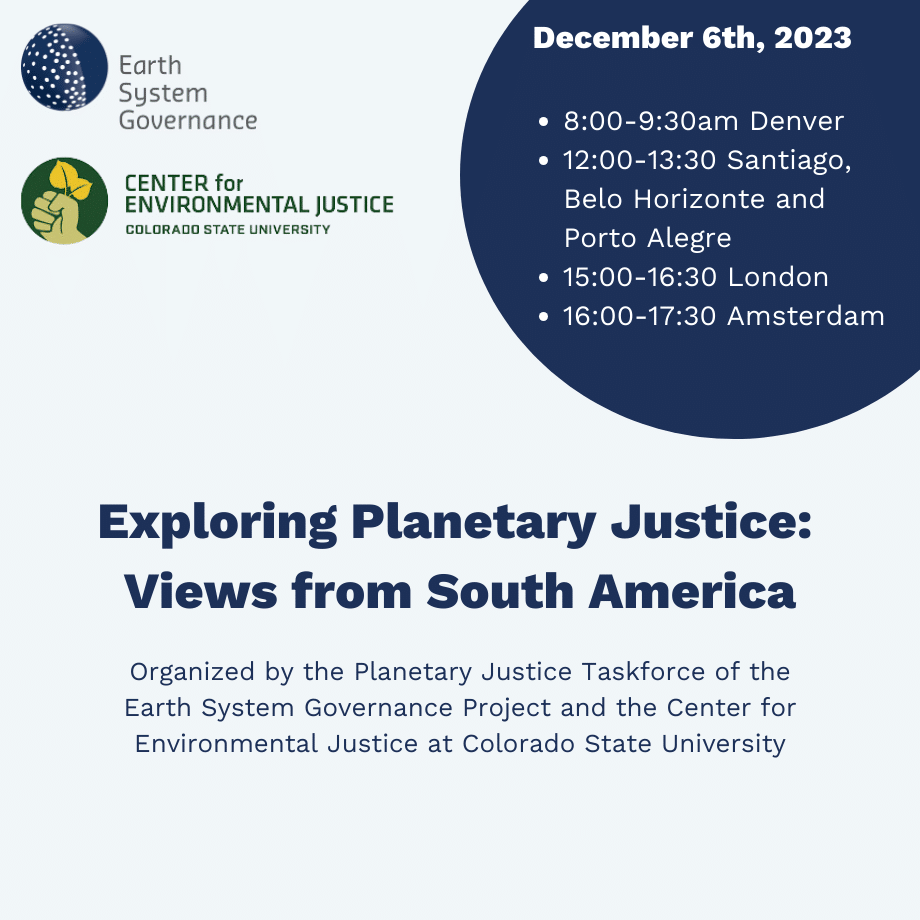Since the last ISEE conference held in Europe in 1994, the community has come a long way and evolved tremendously. From the early dichotomy between environmental economics and ecological economics, more dialogue and collaboration between the fields has emerged to address problems of sustainability. Overlapping research interests now common to both ecological and environmental economics include integrated modelling, agent-based modelling, valuation of ecosystem services, market based policy instruments, multi-criteria evaluation, and the economics of adapting to environmental change. The size the climate change challenge and dire state of the earth’s ecosystems necessitate further exchange and cooperation to gain a unified voice in the political domain. The 2010 ISEE conference will emphasize this exchange and debate.
Since the early days, ecological economics has always been a field of methodological diversity, transdisciplinary work, and it has now significantly developed its standards for scientific rigour as well as its social and policy relevance. It has been driven by ideas of fairness and justice among humans and between humans and the natural world. This thematic scope reaches out to a great variety of related disciplines such as conventional economics and ecology, political science, sociology, management, biology, physics and engineering. The necessary cross-disciplinary collaboration requires bridging concepts between research and society in a solutions-oriented manner. While, on
the one hand, the field has grown stronger in its analytical understanding of the interactions between humans and the ecosystems in which they live, the link to governance questions and practical application has become ever more challenging and urgent. This point of interconnections between the various disciplines of ecological economics and the systems of environmental governance and practice will therefore form one central focus of the 2010 conference.
Conference Website: www.isee2010.org



